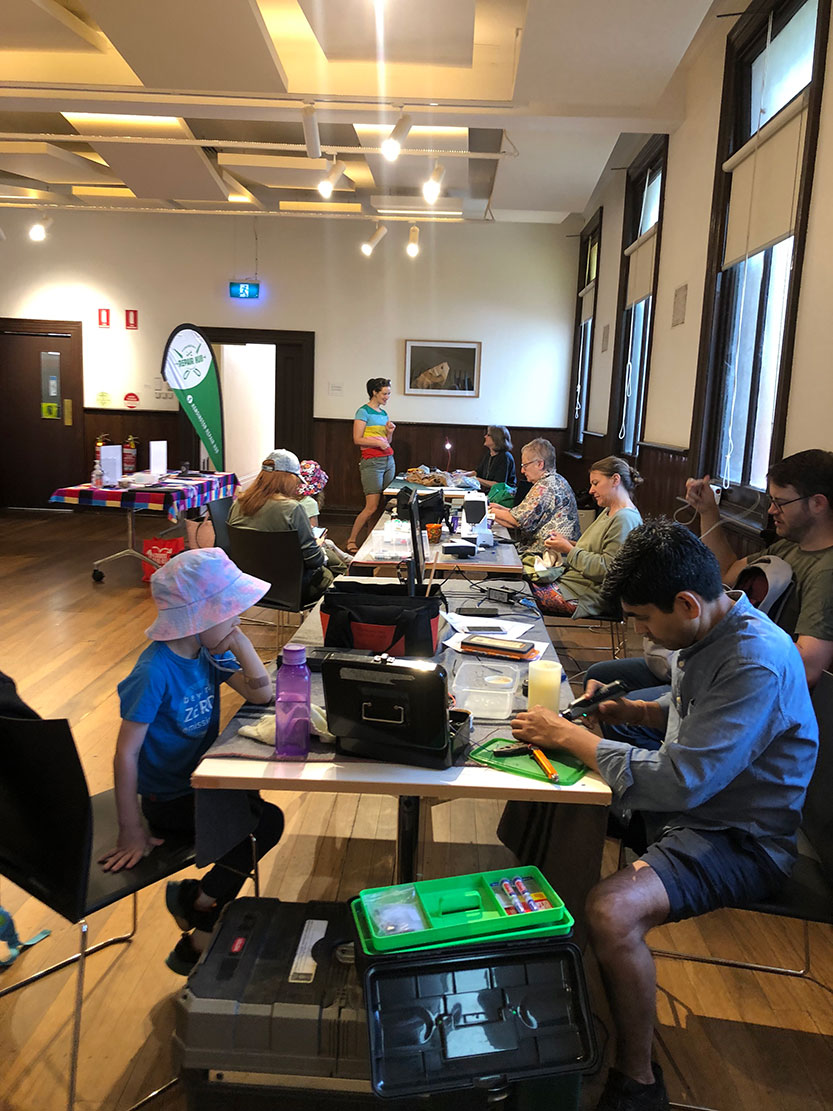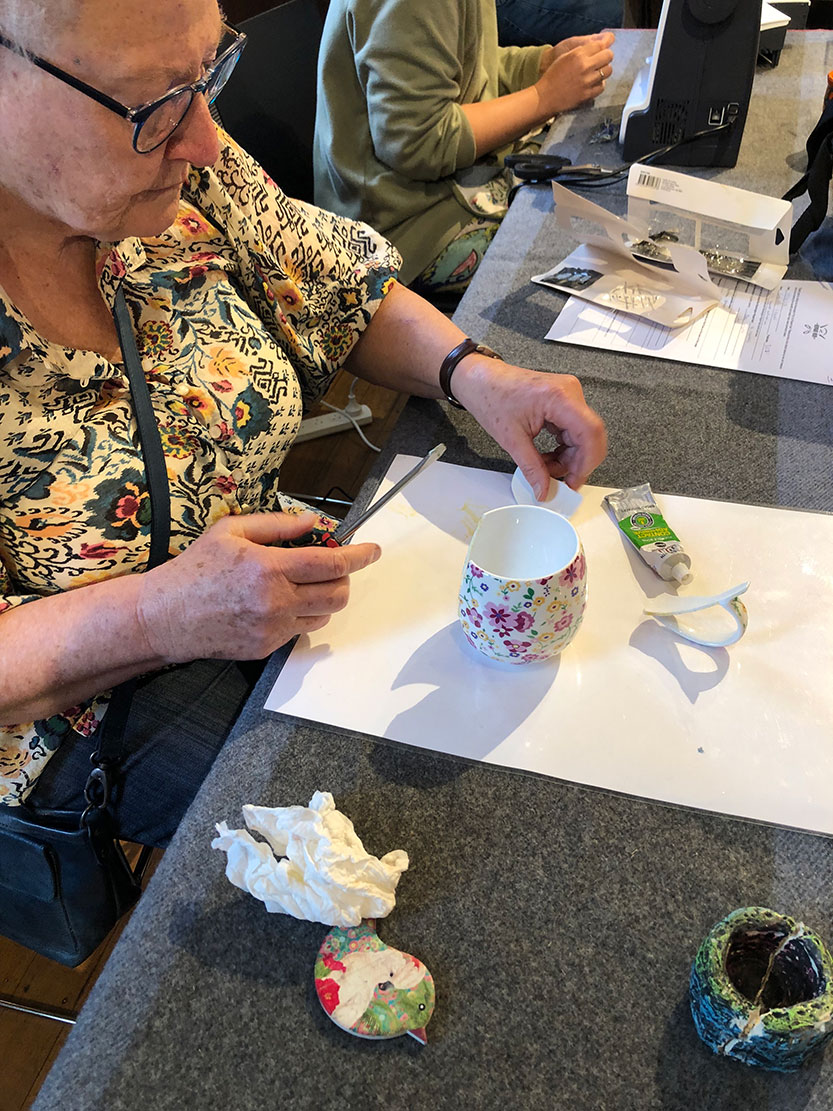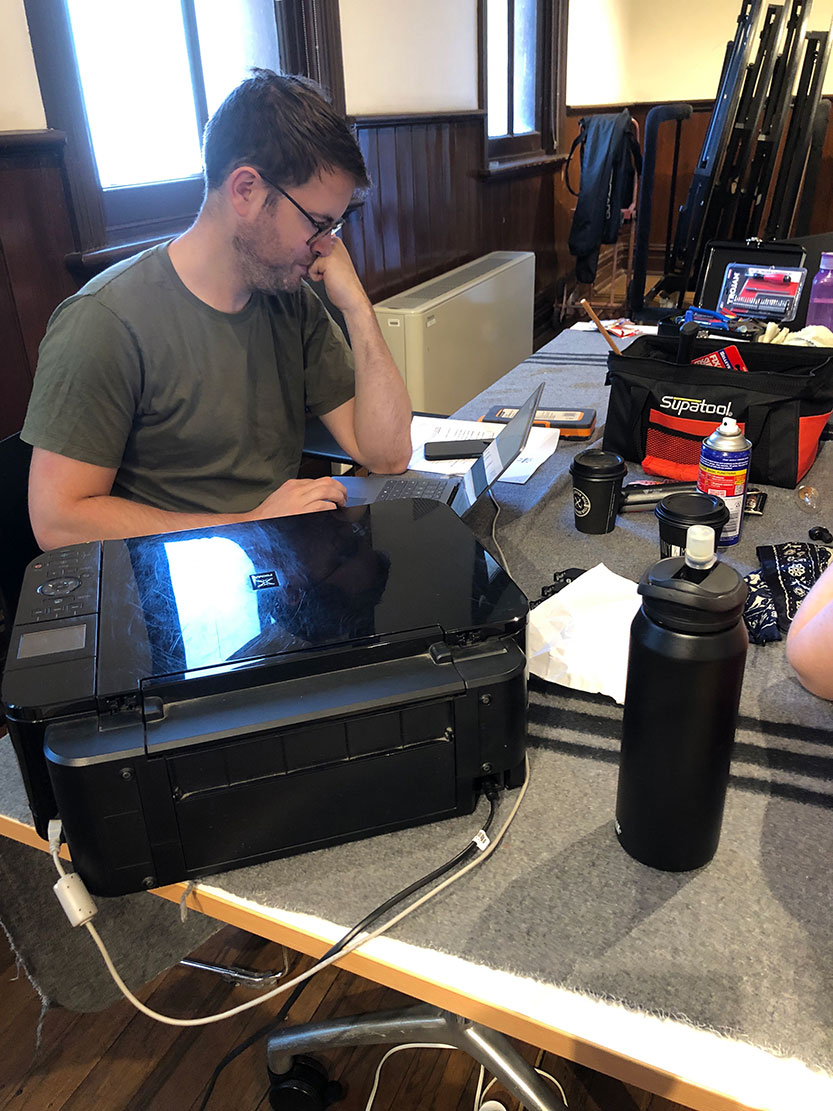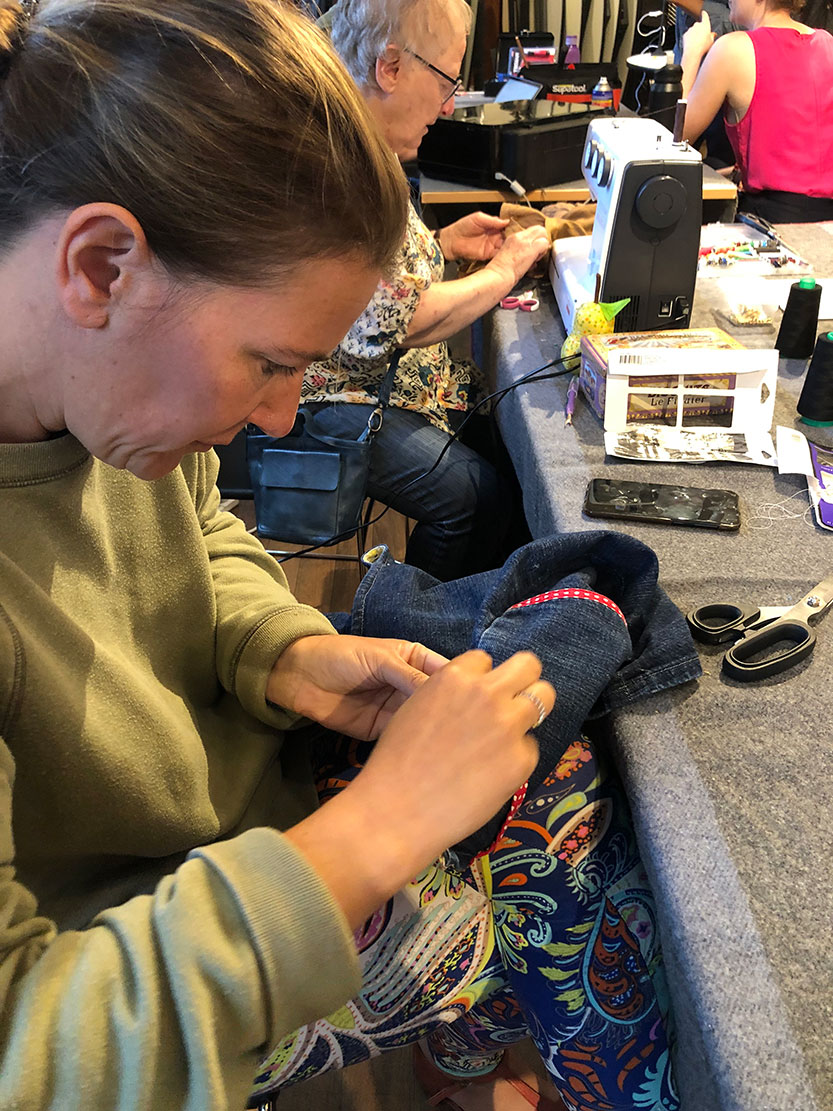The right to repair
Repair saves people money, saves resources, creates jobs, prevents waste, and teaches people.
There is a growing movement around the world seeking legislation and policy for us to be able to have access to parts, tools and manuals to fix the items we buy. A “right to repair” is the ability of consumers to have their products repaired at a competitive price using a repairer of their choice.
Increasingly manufacturers produce items with a limited lifespan so that you have to keep buying more goods. They then make it impossible for you to repair by not having the spare parts and tools available and not making the information available. Some manufacturers even void warranties if owners or repairers attempt repairs.
At the Kensington Repair Hub we have seen how companies glue in batteries with industrial strength adhesives making it difficult to access and use proprietary screw heads so we can’t open it. Sometimes designers make opening a product destructive.
These intentional designs that shorten the lifespan of these technologies are also putting more of them on the waste pile increasing our e-waste to more than 48 million tonnes every year. Deeper mining, which is more costly and damaging to our planet, is now required to access fewer resources.
This “dispose” society puts the wealth in the hands of a few. Can we really afford to keep making as much items as we are? And we definitely can’t keep throwing this much of it away.
Ifixit state that for every 1000 tonnes of electronics, land filling creates one job, recycling creates 15 jobs and repair creates 200 jobs.
The repair economy is growing, with more than 2500 repair cafes worldwide and other repair initiatives like tool libraries, Remakeries, Men’s Sheds, Commons Transitions enterprises and organisations like Ifixit which are making thousands of manuals available for repairers.
Research shows that material repair generates a deep sense of care, pride, belonging and civic participation and that a repair economy creates a kinder and more caring community.
How you can save money, reduce mining and waste and create jobs:
- Visit your local repair café/shop to make the products you already have last longer
- Buy repairable electronics whenever possible and give away your old phones and laptops
- Say no to cheap, breakable products and support companies that make quality ones
- Join the Right to Repair Movement.
Come visit our Computer and Electronic Repairers at the Next Kensington Repair Hub on Sunday, February 25 from 1pm to 4pm at McCracken Church, 76 McCracken St, Kensington. The Kensington Repair Hub has officially fixed more than one tonne of goods – the equivalent of 1148.997kg.
Transition Town Kensington Founded the Kensington Repair Hub in 2018.

The Movement Refinery: 20 years and still going strong










 Download the Latest Edition
Download the Latest Edition